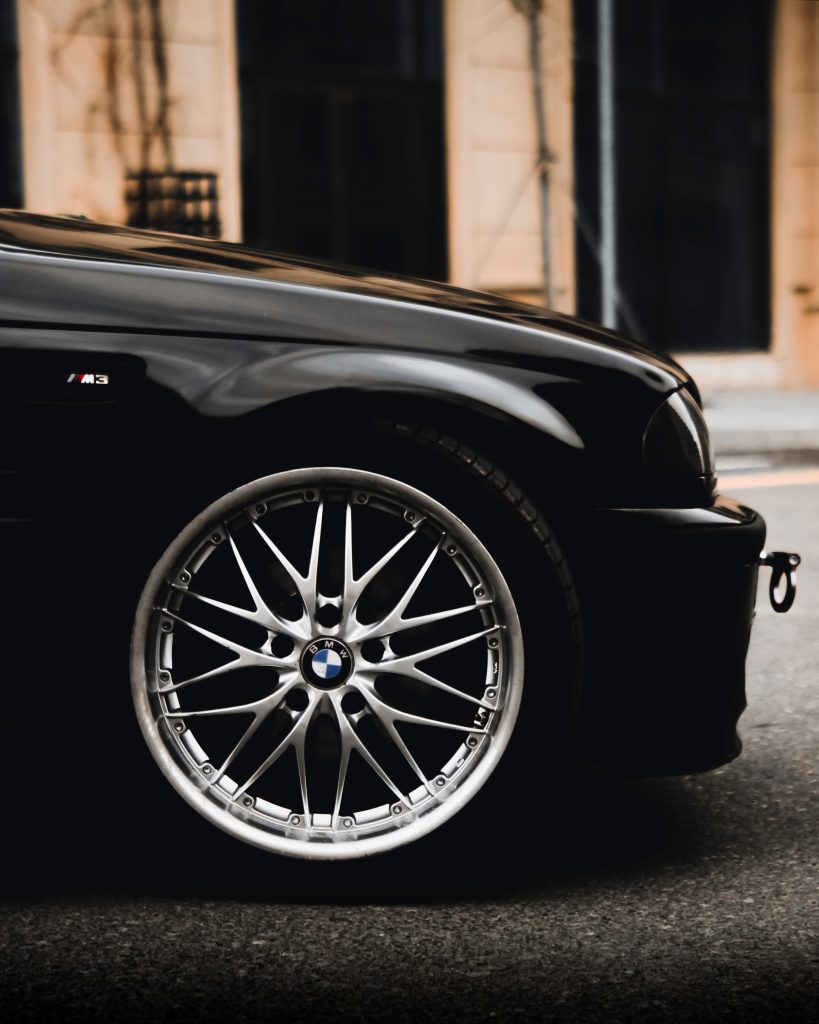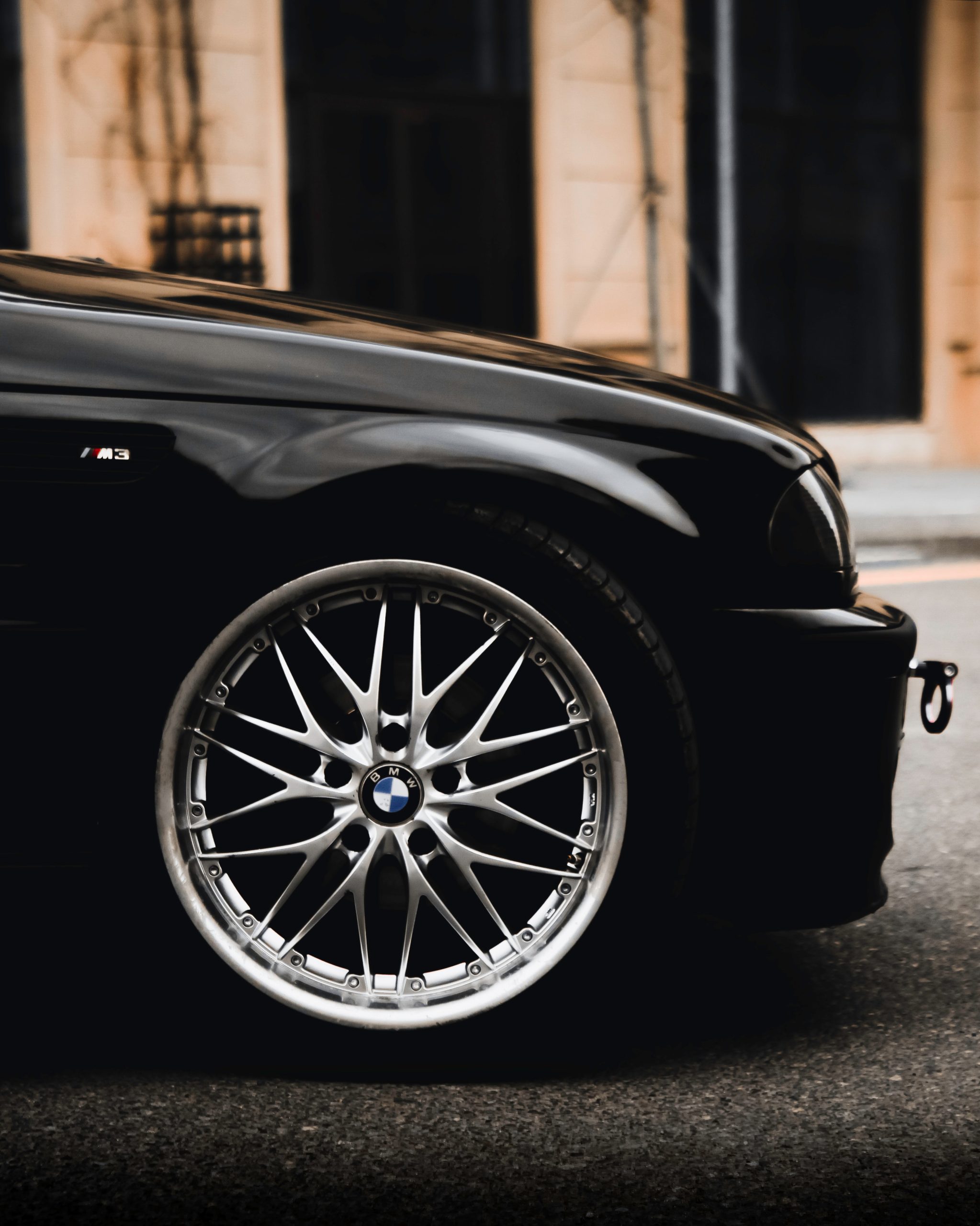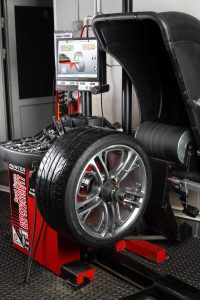Hey there!
As a car mechanic who is well-versed in rims, I am excited to share with you today about one of the most important aspects of your car’s appearance and performance – car rims!

In this blog post, I will be discussing what car rims are made of and why it’s important to know, the different materials used for car rims, the pros and cons of each material, how to choose the right material for your car rims, and proper care and maintenance for your rims.
So buckle up, and let’s dive in!
Introduction
Car rims, also known as wheels, are one of the most important components of your vehicle.
Not only do they provide support for your car’s tires, but they also contribute to your car’s overall appearance and performance.
Car rims can be made from a variety of different materials, each with their own unique benefits and drawbacks.
As a car owner, it’s important to know what car rims are made of, so you can choose the right material that fits your driving needs and aesthetic preferences.
Materials Used for Car Rims
Let’s take a look at the most common materials used for car rims:
Aluminum Alloy
Aluminum alloy is a popular choice for car rims because it is lightweight and has good heat dissipation, which can help improve braking performance.
Aluminum rims are also highly customizable, as they can be painted or polished to achieve a variety of different finishes.
However, they can be more expensive than other types of rims and are not as strong as steel.
Steel
Steel rims are known for their strength and durability, making them a great choice for heavy-duty vehicles like trucks and SUVs.
They are also less expensive than aluminum rims and are less likely to bend or crack.
However, steel rims are heavier than aluminum rims, which can affect your car’s performance, and they are more prone to rust.
Carbon Fiber
Carbon fiber rims are extremely lightweight and have excellent strength-to-weight ratio, which can improve your car’s acceleration and handling.
They are also highly customizable and can be made into different shapes and designs.
However, carbon fiber rims can be very expensive, and they are not as durable as other types of rims.
They can crack or chip easily if exposed to road debris or potholes.
Magnesium Alloy
Magnesium alloy rims are lightweight and strong, making them a great choice for high-performance cars.
They are also good at dissipating heat, which can improve braking performance.
However, magnesium rims can be very expensive, and they are not as readily available as other types of rims.
Forged Composite
Forged composite is a relatively new material that is a mix of carbon fiber and resin.
It is strong and lightweight, making it a good choice for high-performance cars.
It is also highly customizable and can be made into different shapes and designs.
However, forged composite rims are still quite expensive, and they are not as durable as other types of rims.
They can crack or chip easily if exposed to road debris or potholes.
Pros and Cons of Different Materials Used for Car Rims
Each material has its own unique benefits and drawbacks. Here’s a summary of the pros and cons of each material:
Aluminum Alloy:
Pros: Lightweight, good heat dissipation, highly customizable
Cons: Expensive, not as strong as steel
Steel:
Pros: Strong and durable, less expensive than aluminum rims
Cons: Heavy, prone to rust
Carbon Fiber:
Pros: Extremely lightweight, excellent strength-to-weight ratio, highly customizable
Cons: Expensive, not as durable as other types of rims
Magnesium Alloy:
Pros: Lightweight, strong, good heat dissipation
Cons: Expensive, not as readily available as other types of rims
Forged Composite:
Pros: Strong and lightweight, highly customizable
Cons: Expensive, not as durable as other types of rims
Choosing the Right Material for Your Car Rims
When choosing the right material for your car rims, it’s important to consider a few factors, including your driving needs, budget, and aesthetic preferences.

If you’re looking for rims that can improve your car’s performance, lightweight rims like aluminum alloy or carbon fiber may be a good choice.
On the other hand, if you’re looking for rims that can withstand heavy-duty use, steel or magnesium alloy rims may be a better fit.
It’s also important to consider your budget.
Aluminum alloy rims are generally more expensive than steel rims, and carbon fiber and magnesium alloy rims can be even pricier.
If cost is a concern, steel rims may be a more affordable option.
Lastly, don’t forget to consider the aesthetic appeal of your car rims.
Different materials can create different finishes, such as a polished or matte look, so it’s important to choose a material that aligns with your personal style.
Proper Care and Maintenance for Car Rims
Now that you’ve invested in a quality set of car rims, it’s important to take care of them to ensure their longevity and performance.
Here are some tips for proper care and maintenance of your car rims:

- Clean your rims regularly. Road grime, brake dust, and other debris can build up on your rims, causing them to look dull and unattractive. Regular cleaning with a mild soap and water can help prevent this buildup.
- Avoid harsh chemicals. Certain cleaning chemicals can damage your rims, so it’s important to use a gentle cleaner that’s safe for your specific type of rim.
- Avoid hitting curbs or other obstacles. Bending or cracking your rims can cause significant damage and affect their performance, so be cautious when driving in areas with curbs or other obstacles.
- Check your tire pressure regularly. Incorrect tire pressure can cause your rims to wear unevenly, so it’s important to check your tire pressure regularly and keep your tires properly inflated.
Conclusion
Car rims are a vital component of your car’s performance and appearance, and understanding what they are made of can help you choose the right material that fits your driving needs and budget.
Whether you choose aluminum alloy, steel, carbon fiber, magnesium alloy, or forged composite rims, proper care and maintenance is key to ensuring their longevity and performance.
So take good care of your rims, and enjoy the ride!









